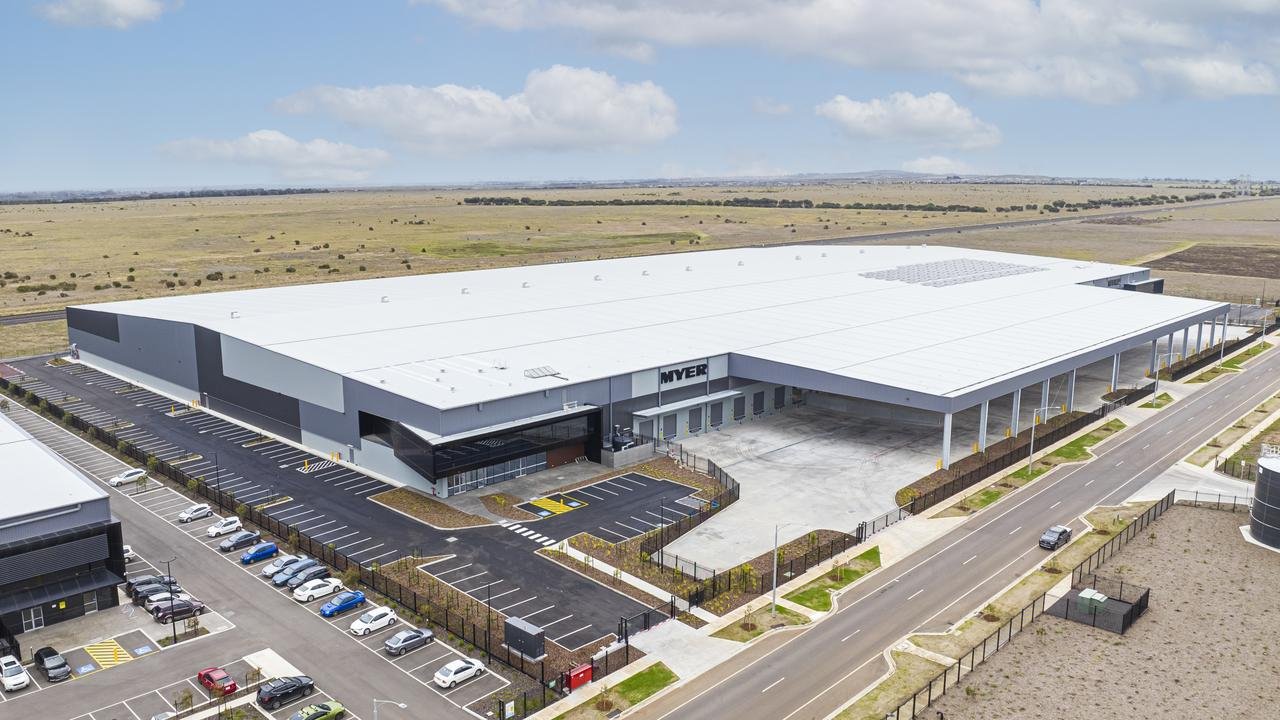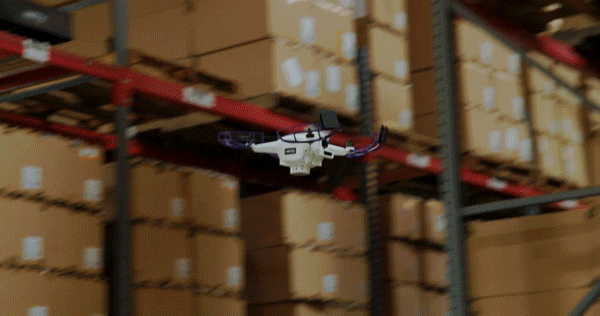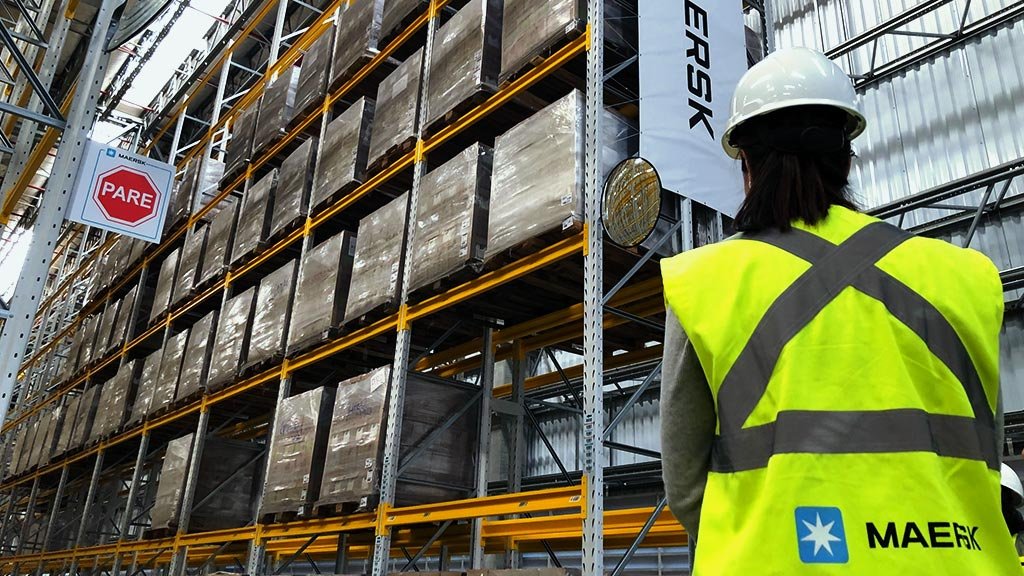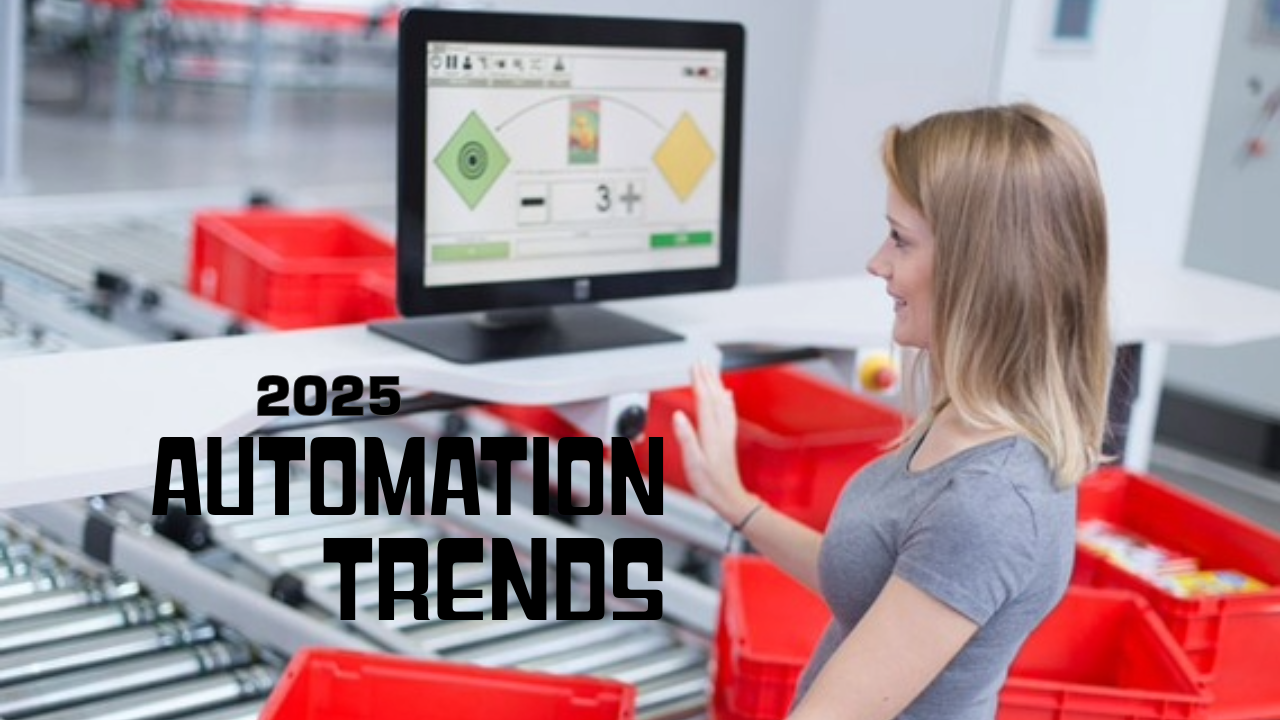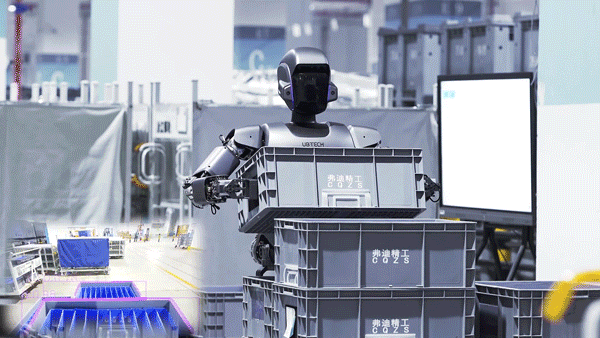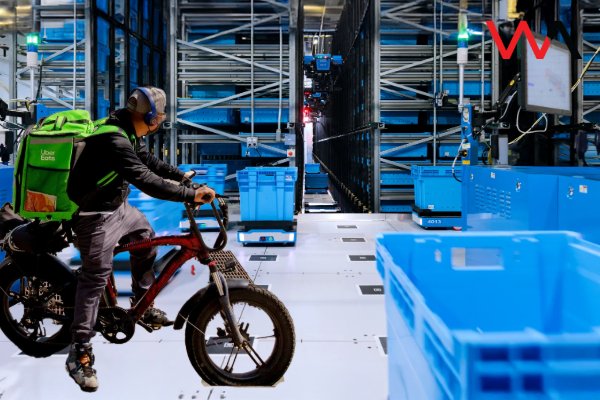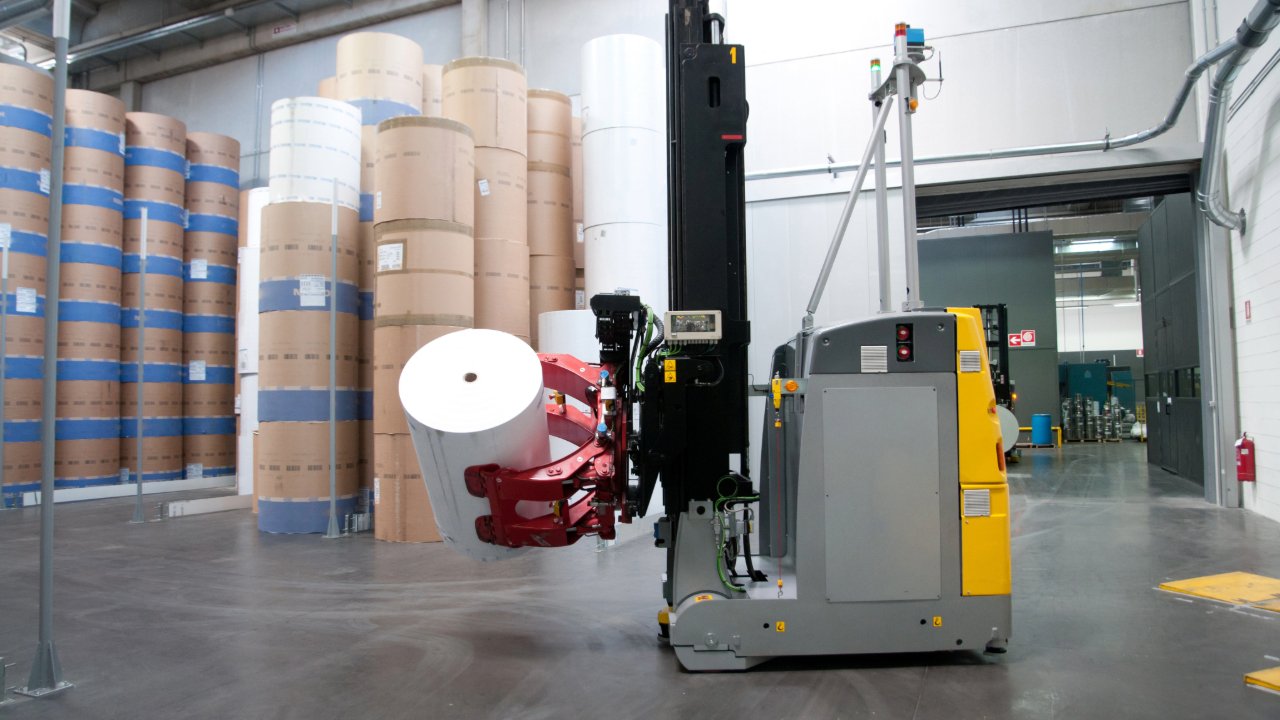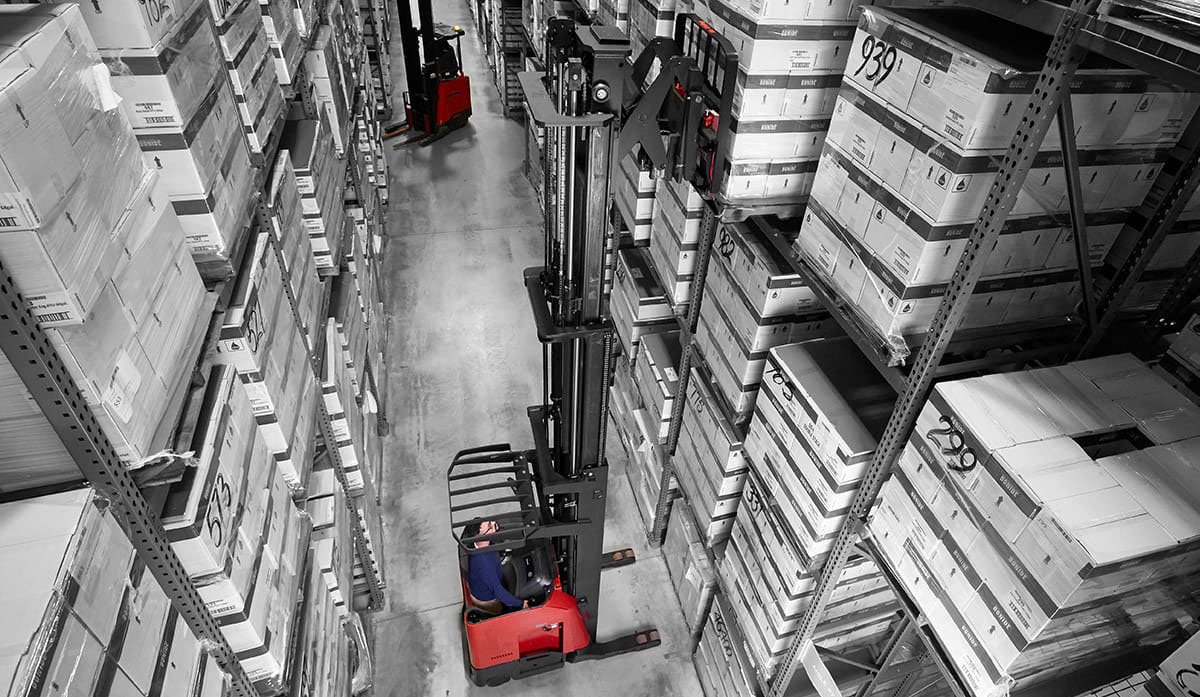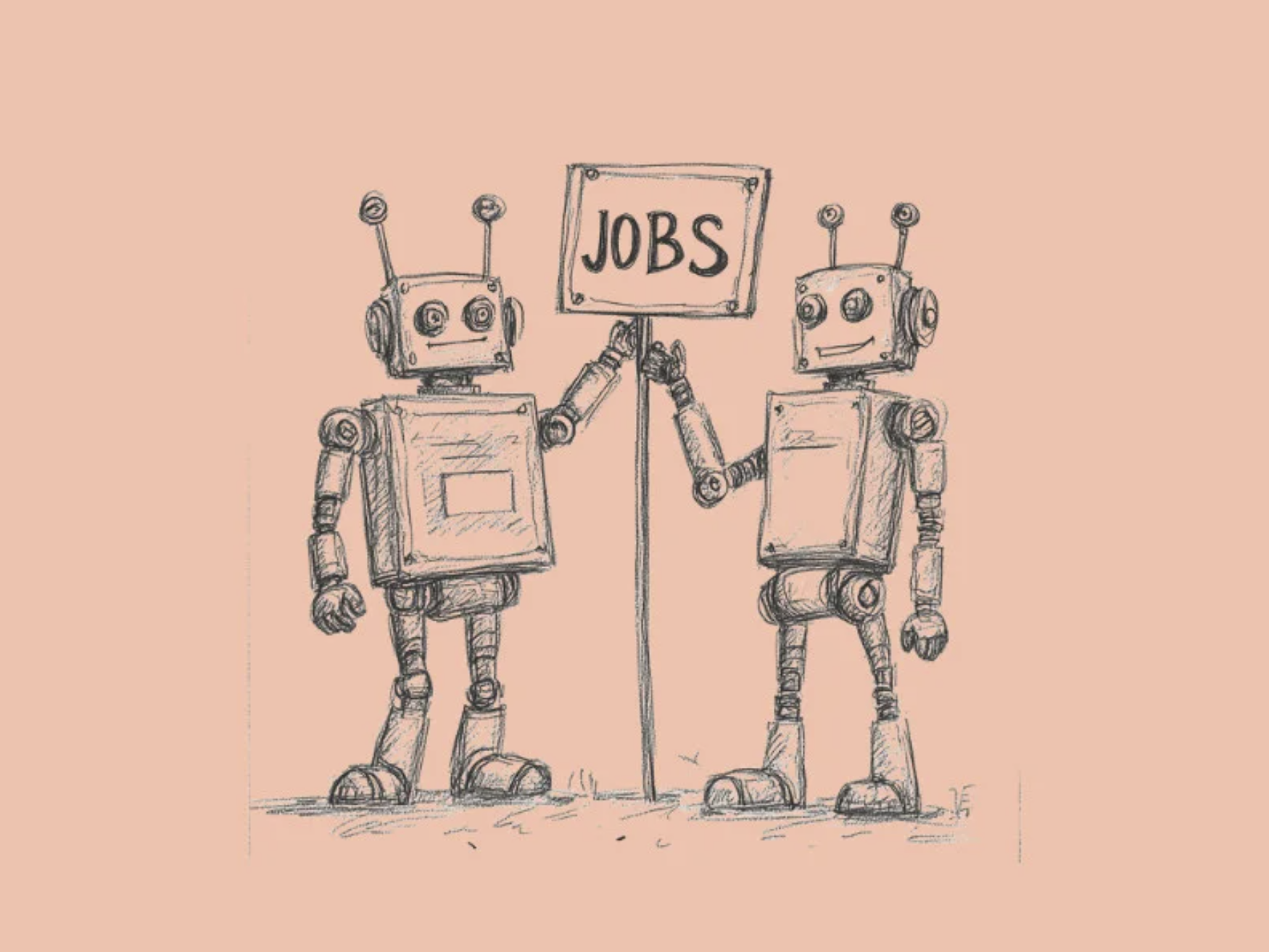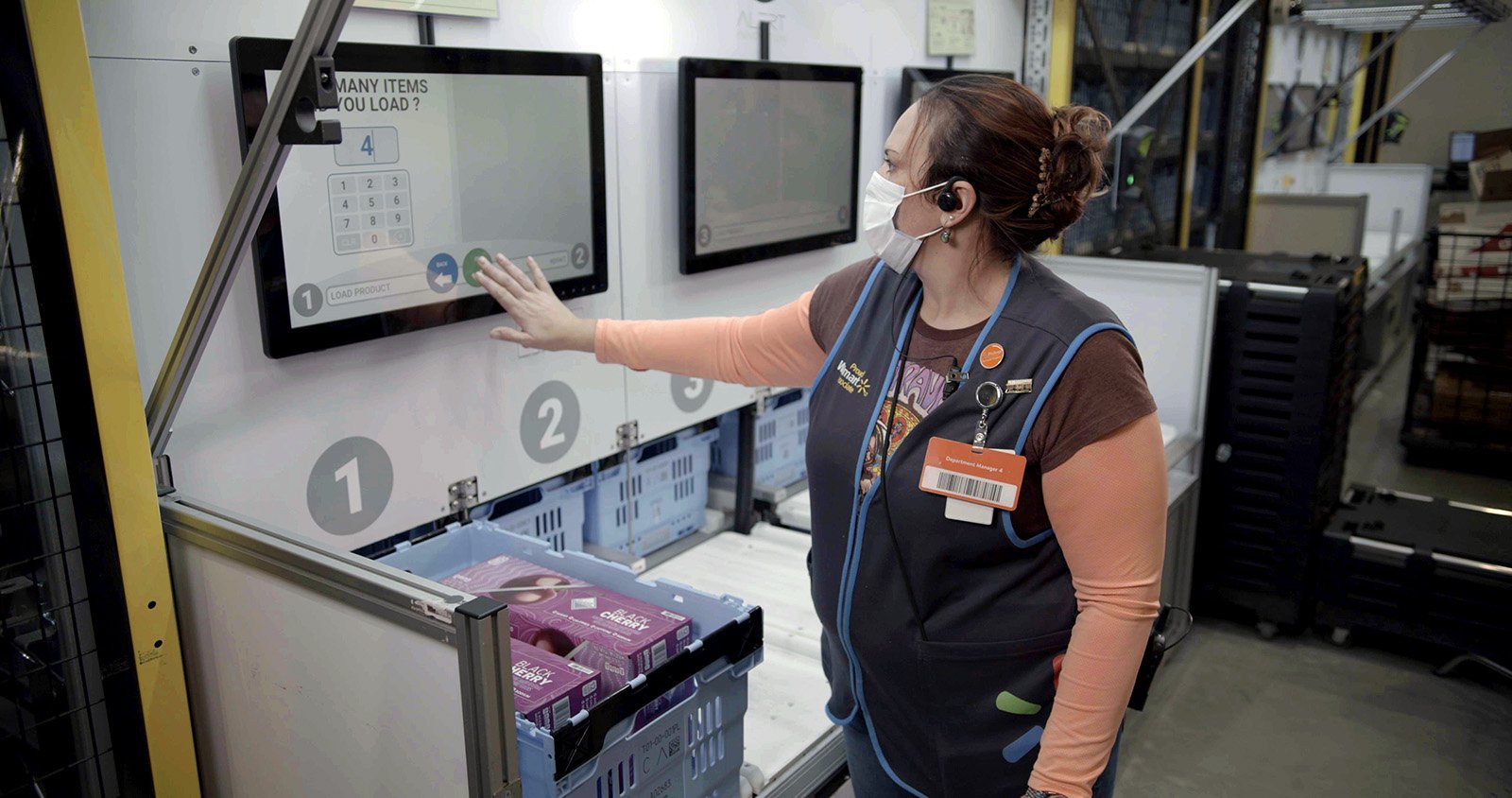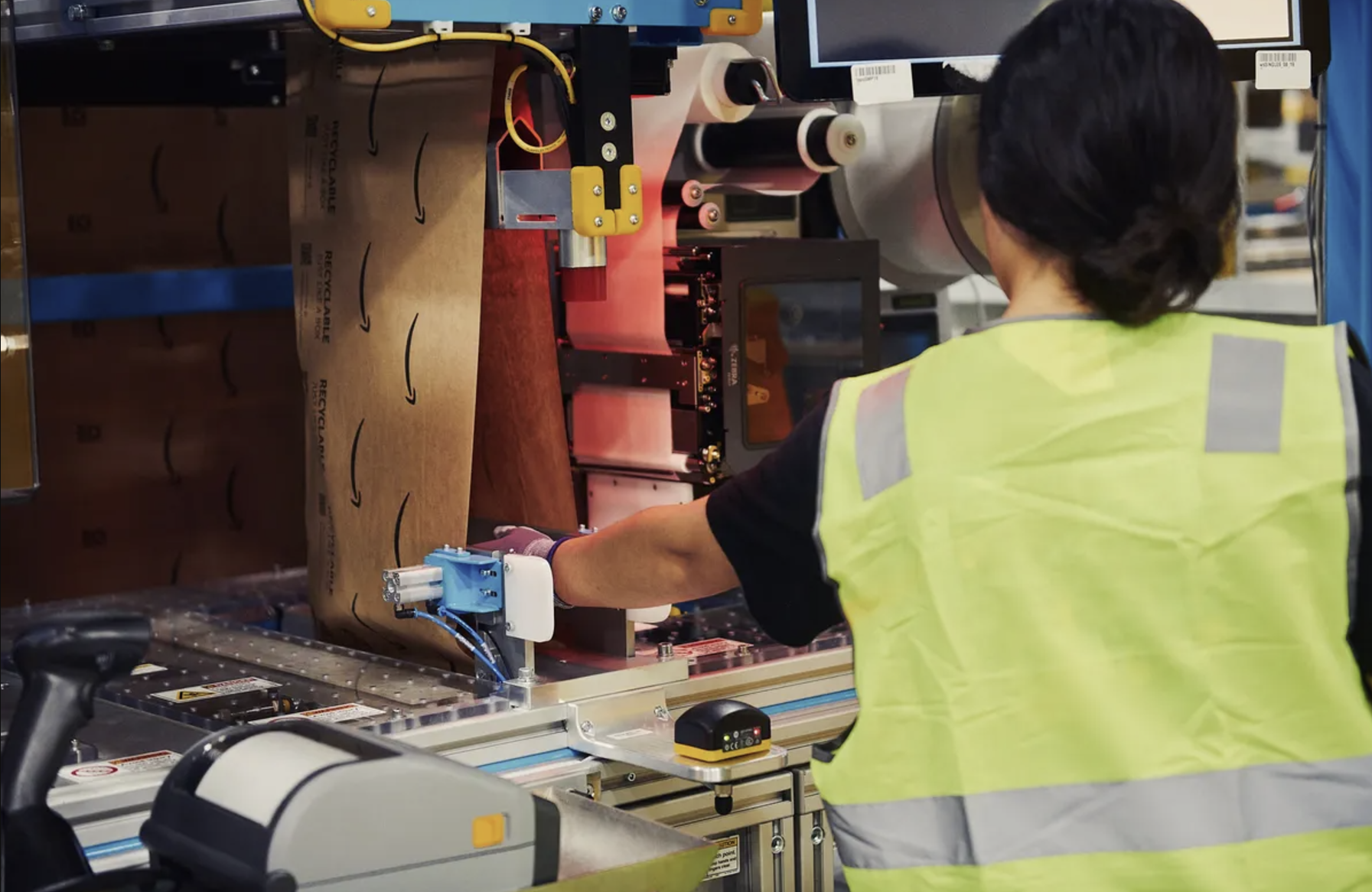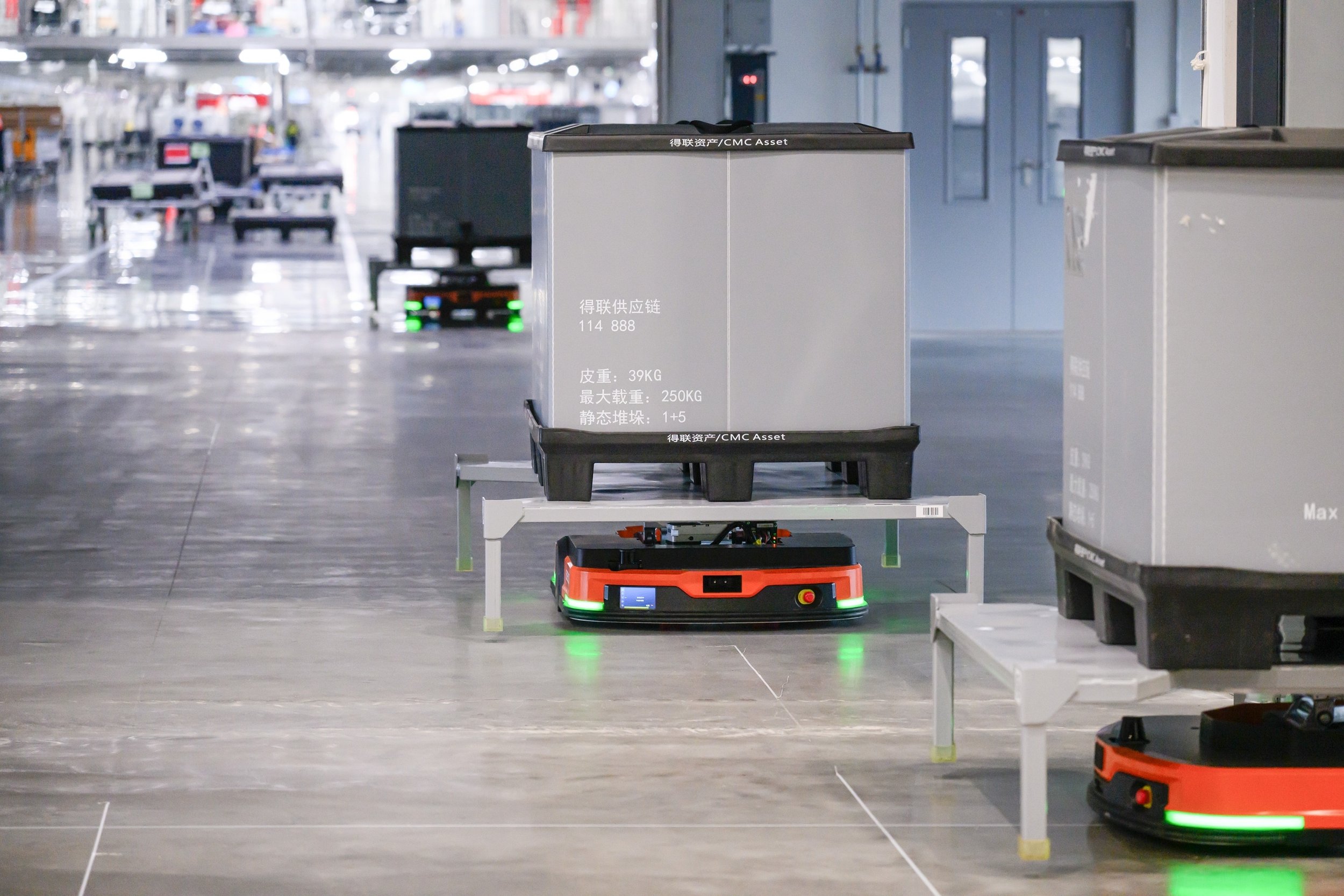Companies Growing more Comfortable with Artificial Intelligence
Companies Are Seeking Real-World Supply-Chain Gains in New AI Tools
Logistics firms are targeting cost savings and faster and more efficient deliveries as they incorporate generative AI into operations
Companies growing more comfortable with artificial intelligence are bringing the latest tools into their supply chains, with goals of cutting costs, speeding up distribution and getting ahead of potential disruptions.
The early steps suggest areas where logistics operators see the greatest near-term benefits from generative AI, the developing technology tool that can quickly sort through large amounts of information, make predictions and respond to questions in a humanlike voice.
Supply chain executives have been searching for potential benefits since the technology emerged in late 2022, with early steps focused on speeding up tasks such as decision making, software coding, and writing business reports. For logistics operators, initial uses have included creating chatbots that can handle customer-support functions such as tracking shipments and booking loads.
Companies are now finding ways to bring the technology into their day-to-day logistics operations. A German software firm is working with snack-food supplier Mars to use generative AI to combine truck loads, cutting shipping costs and speeding up delivery.
Celonis Chief Executive Alex Rinke said Mars had manually evaluated factors such as the weather to determine which shipments could be combined and whether it needed to use refrigerated trucks for its freight.
With AI, “we can proactively tell them, ‘Here are all the truckloads that you have going out that you should consolidate,’” Rinke said. “That reduced manual touches by 80% and also made them more efficient as a company because they reduced shipping costs, reduced emissions, and improved on-time shipments.”
Rinke said another company is using the technology to compare its contracts with suppliers against its final bills to make sure it isn’t missing out on rebates or discounts. That was previously a time-consuming process in which employees manually sifted through contracts.
“You get a really, really good understanding of where you have opportunities to save money because maybe you have better terms in your contracts than you are actually using,” he said.
The growing use of generative AI is the latest step in companies’ longer-term efforts to embed machine-learning tools into their management of supply chains.
Secondhand apparel retailer ThredUp has been using AI in its distribution centers to “improve throughput and productivity,” Chief Executive James Reinhart said on an earnings call on March 4. It uses the technology to flesh out item descriptions on its website, for instance, rather than having warehouse workers manually type in those characteristics.
“But I think just in the last 12 months you’ve seen this step function change in what the technology can do,” Reinhart said. “It has real implications for how productive our operations can be and what the margin profile can ultimately look like.”
Generative AI remains limited in its capabilities. The program is only as good as the data it has been trained on, and can at times answer questions incorrectly, experts say.
Matthias Winkenbach, director of research for the Massachusetts Institute of Technology’s Center for Transportation and Logistics, said the technology’s limitations for now are relegating the tools to relatively isolated corners of supply chains.
That way, “if it goes wrong your risk exposure is limited, so you’re not cutting off your most important customers and you’re not getting into major liability issues,” Winkenbach said.
Winkenbach said the technology eventually could be used for broader tasks such as order management and tracking suppliers.
Rinke said, for example, is looking for ways to combine data from its various customers in an anonymous way to provide broader information about potential risks and savings in their supply chains without exposing proprietary information.
Supply-chain service provider Uber Freight, a division of Uber Technologies, and FourKites, a startup that tracks freight shipments in real time, have created chatbots that allow shippers to ask conversational questions about their logistics operations.
Companies using Uber Freight’s chatbot can ask questions about which routes often have delays and how their service levels compare with their peers, information that was previously available but difficult to interpret and act on quickly. Uber Freight said it is working on building the capability to make recommendations for shippers to lower costs and speed up shipments.
FourKites’ chatbot can answer questions such as which deliveries are delayed in a conversational manner to help companies make rapid decisions. German pharmaceutical and agricultural conglomerate Bayer said it has used the FourKites program to help navigate disruptions in the Red Sea as attacks by Houthi rebels on containerships have pushed many carriers and shippers to reroute their shipments.
“You can see what is the container, what is the roadblock, what is the reason. It’s real time so you can make decisions,” said Johnny Ivanyi, supply-chain senior director at Bayer Crop Science, an agricultural division of Bayer.
That has helped Bayer keep tabs on shipments en route to its manufacturing plants amid shifting shipping decisions so it can better plan production, he said.
Original story by Liz Young @wsj.com




